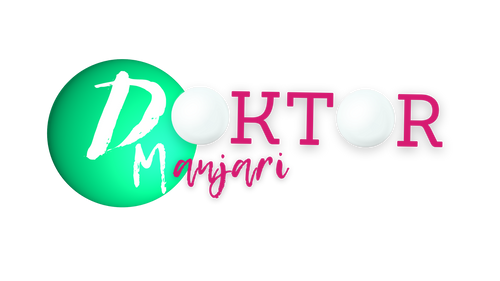A practical, research-backed guide for families and event organizers: reduce
pollution exposure from fireworks, avoid foodborne illness, prevent
alcohol-related harms and burns and manage post-festival fatigue.
Air Pollution & Respiratory Risks (Fireworks)
Fireworks and increased vehicle movement during Diwali cause short-term spikes in fine particulate matter (PM2.5 and PM10). These rapid rises in air pollution can trigger asthma attacks, worsen COPD, elevate blood pressure, and increase cardiac strain — especially in older adults and children.
- Avoid outdoors during peak fireworks hours and the following morning.
- Keep windows and doors closed; run a HEPA/true-HEPA air purifier if available.
- People with lung or heart disease: use an N95/FFP2 mask when stepping outside and keep rescue inhalers accessible.
Food Safety & Digestive Health
Diwali sweets and snacks are delicious but often prepared in bulk and stored. Improper storage or reheating can lead to food spoilage and bacterial contamination — causing diarrhea, vomiting, and dehydration.
- Prefer freshly made sweets and hot foods; avoid items left uncovered for long periods.
- Wash hands or use sanitizer before eating, especially when sharing plates or snacks.
- Store perishable items refrigerated and reheated thoroughly before serving.
- People with diabetes: choose low-sugar options and monitor blood glucose more frequently.
Alcohol, Sleep Loss & Accident Prevention
Parties and staying up late can increase alcohol intake and reduce sleep. Together, these increased risk of falls, injuries, and cardiovascular stress.
- Alternate alcoholic drinks with water; never drink on an empty stomach.
- Assign a sober driver or use a rideshare for travel after late-night events.
- Prioritize at least 6–7 hours of sleep across the festival period to support immunity and mood.
Heart Health: Why Diwali Can Stress the Heart
Overeating, emotional stress, sudden exertion after a heavy meal, and missed medications can increase the risk of acute coronary events. If you have known heart disease or high blood pressure, small changes in routine can matter.
Do this: continue medications on schedule, avoid heavy fatty meals, keep portion sizes small, and seek immediate care for chest pain, fainting, or severe breathlessness.
Burns & Firework Injuries
Burns and ocular injuries are common during Diwali due to unsafe handling of fireworks and absence of protective measures.
| Prevention | First Aid |
|---|---|
| Use only approved crackers; keep children supervised; wear cotton clothing. | For minor burns: cool under running water, cover with sterile dressing. For severe burns: seek emergency care. |
| Have a bucket of water/sand nearby and keep flammable materials away. | For eye injuries: do not rub; seek ophthalmic care immediately. |
Stress, Sleep & Post-Festival Recovery
Financial strain, hosting duties, and disrupted routines can lead to stress and 'post-festival blues'. Sleep deprivation weakens immunity and prolongs recovery from infections.
Recovery tips: resume normal sleep schedule quickly, plan lighter activity for 1–2 days after peak celebrations, practice brief breathing exercises, and talk to friends or professionals if mood does not improve.
Diwali Health Checklist (Quick)
Use purifier; stay indoors during heavy smoke; N95 for vulnerable people.
Freshly cooked, covered, proper storage — wash hands before eating.
Limit intake; hydrate; don’t drive under influence.
Take meds; avoid heavy meals; seek help for chest pain.
When to Seek Medical Care
- Chest pain, sudden dizziness, collapsing, or severe breathlessness.
- Burns larger than a coin, burns on face/hands, or severe eye pain.
- Persistent vomiting, bloody diarrhea, or signs of dehydration.
Resources & References
For more detailed research and local guidelines check trusted health sources such as your national health ministry, public health institute, or hospital advisories.
🌟 Final Note
Diwali should illuminate your home — not your hospital bills.
With mindful celebration, moderate indulgence, and basic preventive care, we can make this festival safer, healthier, and happier for everyone.
Let’s truly make this Diwali a Festival of Health and Light.
📚 References
- Ghei, D., et al. (2018). Estimates of air pollution in Delhi from fireworks during Diwali. PMC.
- Salma, I., et al. (2023). Firework smoke: Impacts on urban air quality. PubMed.
- Centers for Disease Control and Prevention (CDC). (2017). Outbreaks of Salmonellosis Associated with Large Events.
- Feltmann, K., et al. (2019). Alcohol intoxication at festivals. PubMed.
- Garbarino, S., et al. (2021). Sleep deprivation and immune response. PMC.
- Mohammad, A., et al. (2018). Holiday-related myocardial infarction triggers. BMJ.
- World Health Organization (WHO). (2019). Safe Celebration and Firework Safety Guidelines.

